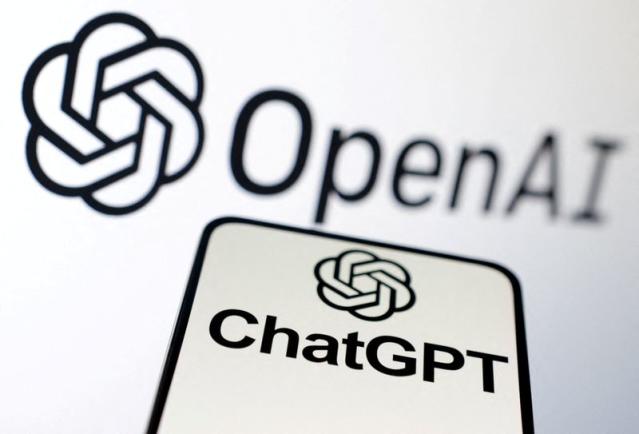Implementation in Generative AI A Lessons Learned from OpenAI’s ChatGPT
Artificial Intelligence (AI) has revolutionized the way we interact with technology, and the advances in the field have been rapid and impressive. One of the most exciting applications of AI is generative AI, which is capable of creating original content such as text, images, and even music. OpenAI is one of the leading organizations in the field of AI, and its ChatGPT model is a prime example of the potential of generative AI. However, the implementation of generative AI raises important ethical and social issues that need to be addressed.
The article titled “OpenAI’s ChatGPT Shows Why Implementation is Key with Generative AI” published on TechCrunch on December 2, 2022, discusses the benefits and challenges of generative AI, focusing on the ChatGPT model developed by OpenAI. The article highlights the importance of responsible implementation of generative AI, as it has the potential to significantly impact various fields, including journalism, entertainment, and even politics.
The article begins by introducing the ChatGPT model, explaining that it is a language-based generative AI that is capable of generating text that is indistinguishable from human writing. The article then discusses the potential uses of ChatGPT, including in journalism, where it can be used to generate news articles or summaries of longer articles. The article also mentions the potential for ChatGPT to be used in creative writing, as it can generate unique and engaging stories.
However, the article also acknowledges the potential negative implications of generative AI. For example, ChatGPT could be used to generate fake news or propaganda, which could have serious consequences for democracy and society. The article emphasizes the importance of responsible implementation and regulation of generative AI to avoid such negative outcomes.
The article also discusses the ethical concerns surrounding generative AI, particularly the issue of bias. The article notes that generative AI is only as unbiased as the data it is trained on. Therefore, it is important to ensure that the data used to train generative AI is diverse and representative to avoid perpetuating existing biases.
In addition to discussing the benefits and challenges of generative AI, the article also offers some suggestions for how to address these challenges. For example, the article suggests that generative AI should be subject to ethical and legal regulations to ensure that it is used responsibly. The article also recommends that researchers and developers of generative AI collaborate with experts in other fields, such as journalism and law, to ensure that their work is properly contextualized and understood.
Overall, the article provides a balanced and informative overview of generative AI and its potential impact on society. While the article acknowledges the potential benefits of generative AI, it also highlights the need for responsible implementation and regulation to avoid negative outcomes. The article’s focus on the ChatGPT model developed by OpenAI provides a concrete example of the potential of generative AI and the challenges that must be addressed to ensure that it is used ethically and responsibly.
In conclusion, the article on TechCrunch titled “OpenAI’s ChatGPT Shows Why Implementation is Key with Generative AI” provides an excellent introduction to the field of generative AI and the challenges that must be addressed to ensure its responsible implementation. The article’s focus on the ChatGPT model developed by OpenAI is particularly useful for understanding the potential of generative AI and its limitations. The article’s suggestions for addressing the challenges of generative AI provide a roadmap for researchers and developers to ensure that their work is responsible and ethical.
